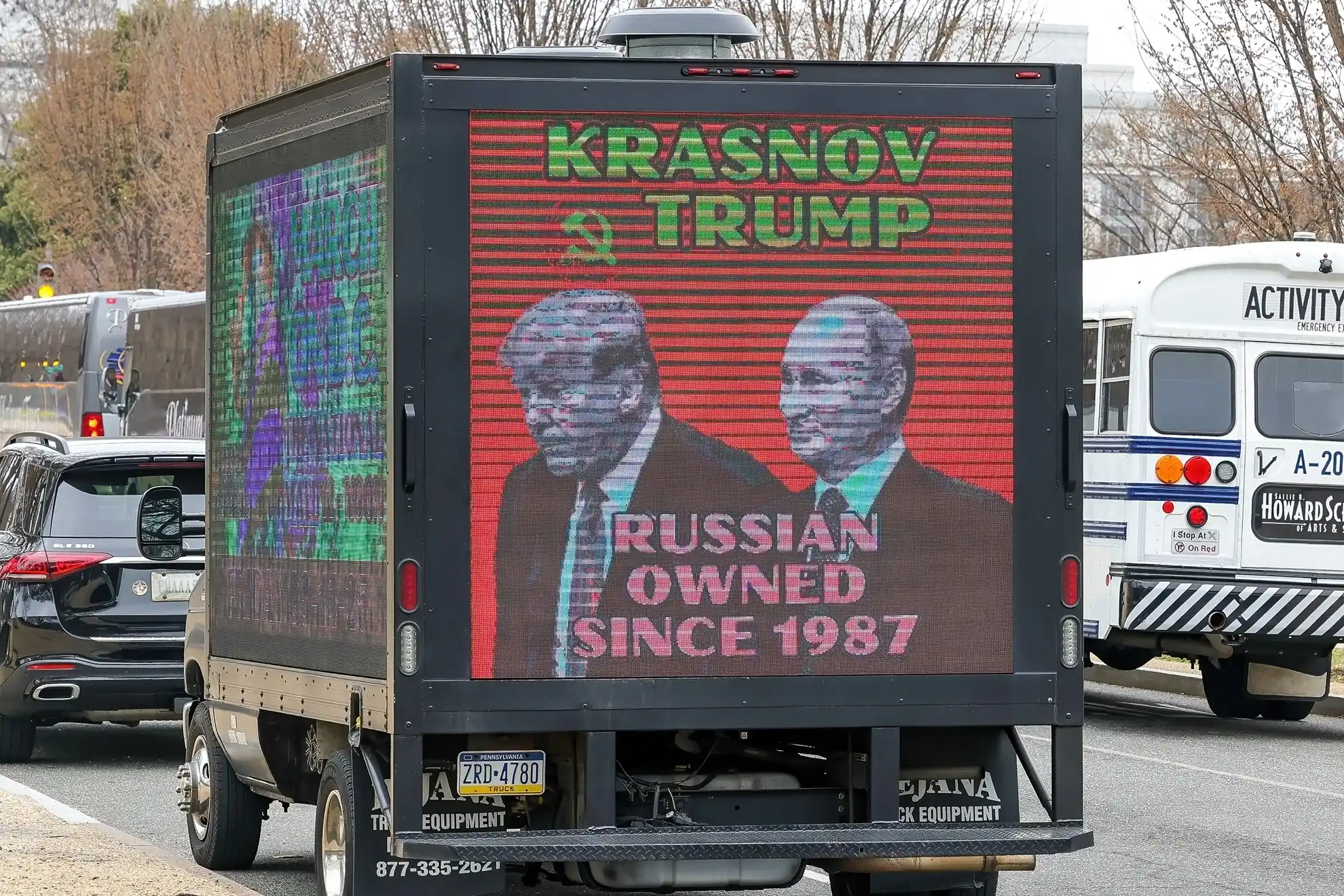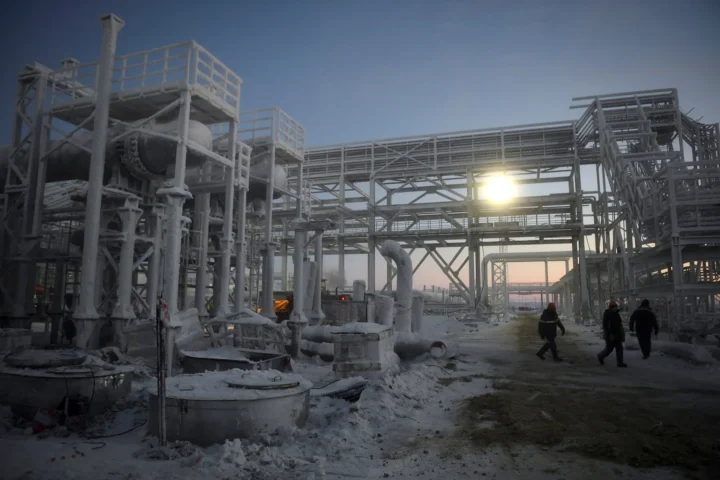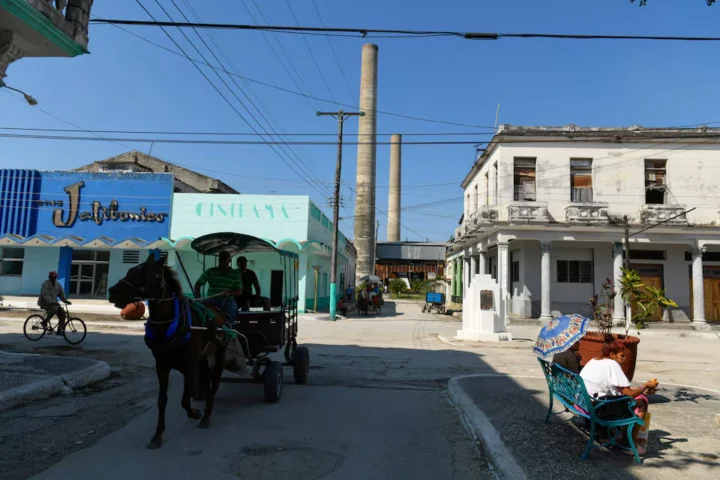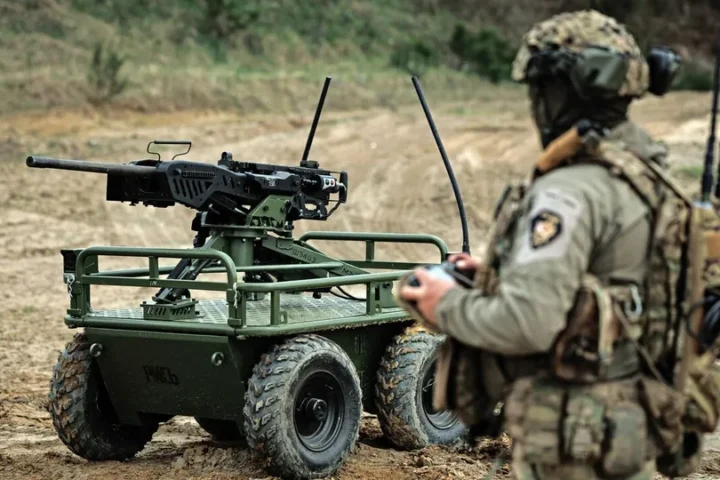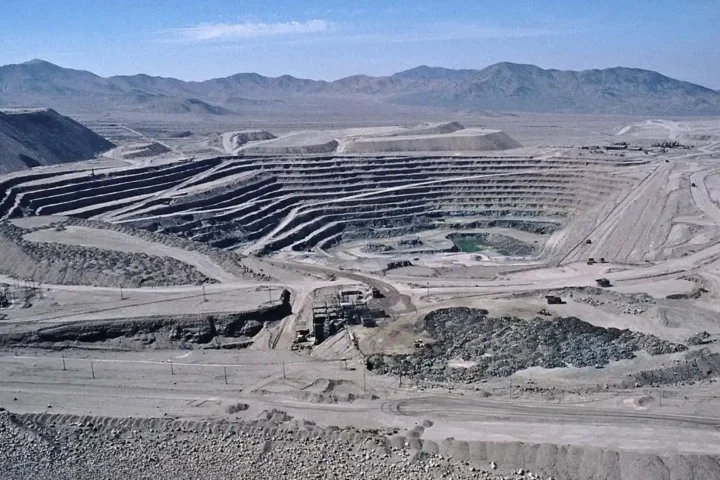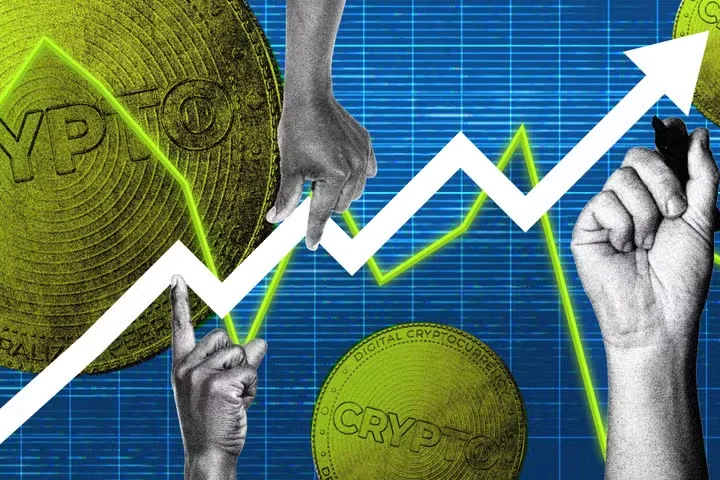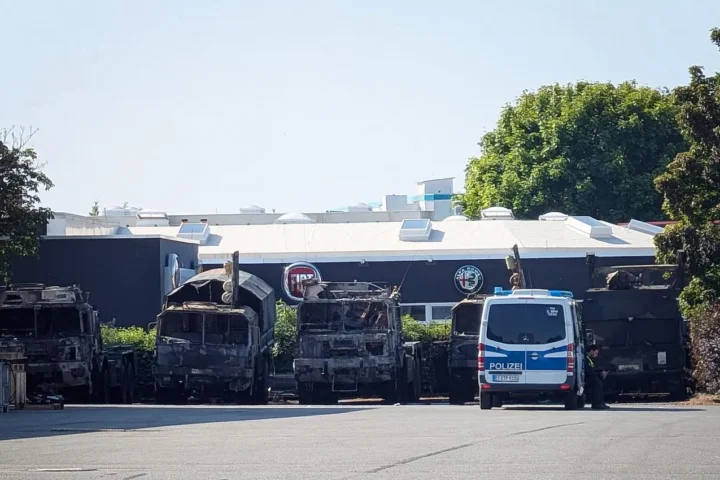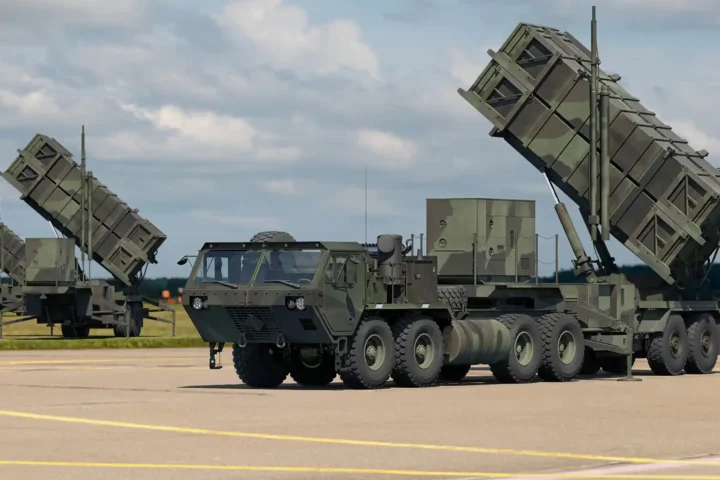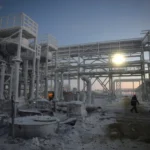Putin and Trump’s Telephone Negotiations
In a recent telephone conversation between Vladimir Putin and Donald Trump, the Russian president proposed limited measures to ease tensions in Ukraine, refraining from fully accepting the 30-day ceasefire suggested by the American leader. According to The Economist, Moscow’s move could represent an attempt to engage in negotiations directly with the United States, bypassing Ukraine and other European allies.
The conversation, which took place on March 18 and lasted over two hours, concluded with a partial agreement outlined as follows:
- Cessation of Russian attacks on Ukraine’s energy infrastructure.
- Initiating “technical negotiations” to facilitate shipping in the Black Sea, potentially reducing regional tensions.
- Prospects of joint hockey matches between the U.S. and Russia as a symbolic gesture to strengthen relations, considering Vladimir Putin’s particular interest in hockey.
In a broader context, the leaders discussed the possibility of a large-scale geopolitical deal that could significantly impact international relations in the long term.
Military Actions Amid Negotiations
However, shortly after the telephone conversation, air raid sirens sounded again in Kyiv, and other Ukrainian cities were subjected to new missile and drone attacks. Russia reported successfully hitting military facilities and ammunition depots, highlighting the effectiveness of its air and missile strikes.
Meanwhile, Ukrainian forces conducted offensive operations on Russian territory, launching a surprise raid into the Belgorod region, capturing several border settlements and advancing several kilometers into Russian territory. The Kremlin sharply criticized this action, accusing Ukraine of creating a “negative atmosphere” for negotiations and worsening conditions for a possible ceasefire.
Russia’s Conditions and Kremlin’s Response
Russia thanked Trump for attempting to mediate the conflict, emphasizing the agreed prisoner exchange involving 175 individuals from each side. However, the Kremlin set forth specific conditions for a ceasefire: Ukraine must halt mobilization and rearmament, and the United States must cease military supplies and intelligence support to Kyiv. At the same time, Moscow did not express willingness to restrict its own mobilization or stop importing weapons from Iran and North Korea.
As noted by The Economist, Russia aims for a long-term deal addressing its “security concerns,” essentially implying restrictions on Ukraine’s sovereignty, its neutral status, and a reduction of NATO’s influence in Eastern Europe. Putin explicitly spoke of a “bilateral settlement” of the crisis, suggesting negotiations exclusively between Russia and the U.S.
Ukraine and Zelensky’s Position
Ukrainian President Volodymyr Zelensky is awaiting further details but is likely to accept the partial deal. He has consistently called for an end to attacks on infrastructure, as Russian strikes severely impacted the country’s energy supply. However, Ukraine recently conducted successful counterattacks using drones and a new modification of the Neptune missile, which has increased its range up to 1,000 km.
Meanwhile, the Ukrainian public views the partial ceasefire proposal with skepticism. A Ukrainian intelligence source remarked, “We’ve just started effectively destroying their oil infrastructure, and suddenly we’re asked to stop while they continue advancing on the ground.”
Europe’s Reaction and Measures
Internationally, Putin’s proposal caused concern across Europe, prompting European countries to increase defense spending and prepare for worst-case scenarios. Estonia, for example, announced an increase in defense expenditure to 5% of GDP, and Germany approved a €500 billion fund for infrastructure and defense development. Poland and the Baltic states withdrew from the Ottawa Convention banning anti-personnel mines, underscoring their determination to enhance defense capabilities.
Thus, Putin’s offer of a limited ceasefire and further negotiations with Trump highlights a complex geopolitical game where the stakes involve not only control over Ukraine but also influence over global power dynamics.
This article was prepared based on materials published by The Economist. The author does not claim authorship of the original text but presents their interpretation of the content for informational purposes.
The original article can be found at the following link: The Economist.
All rights to the original text belong to The Economist.

